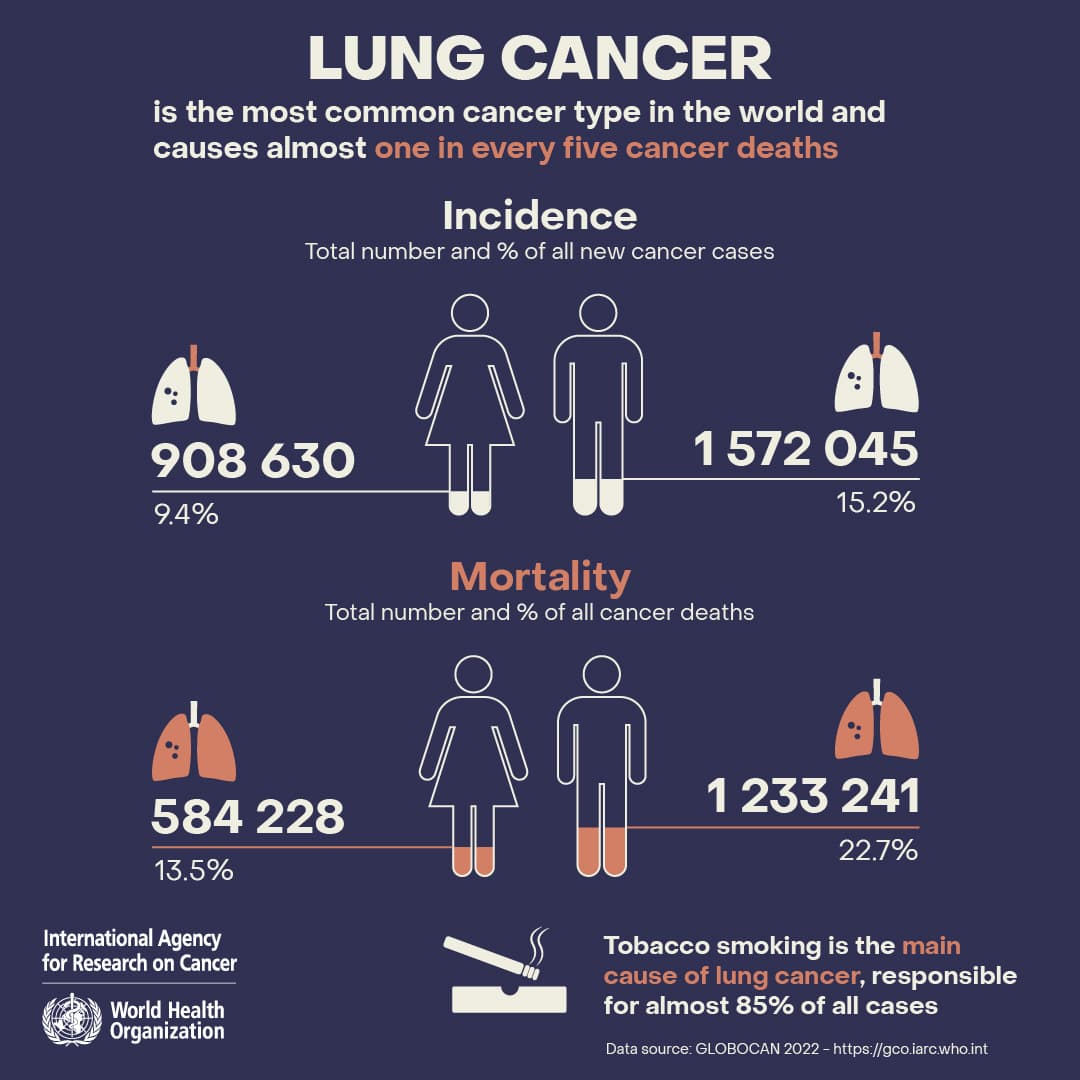Drug Trials Often Leave Lower Income Countries Without Access
A new study found that most medicines tested in lower income countries were not made available to the people who participated in those trials within five years of U.S. approval, raising ethical and policy questions about global research practices. The finding matters because it highlights an imbalance in who bears the risks of experimentation and who reaps the benefits of new treatments.

Researchers have found that the citizens of many lower income countries who take part in clinical trials rarely see the new medicines proven there reach their own communities. The study, published Nov. 17 in JAMA Internal Medicine, reported that only about one quarter of drugs tested in other countries became available in those same countries within five years of approval by the U.S. Food and Drug Administration.
The analysis, described in a Yale School of Medicine news release on Nov. 14, spotlights a pattern in which clinical research is increasingly global while access to the resulting products remains concentrated in wealthier markets. Investigators tracked the regulatory and market outcomes of medicines associated with trials conducted outside the United States and found that most went to market primarily in the United States and other wealthy nations, leaving trial host populations waiting or excluded from the benefits of therapies they helped evaluate.
The disparity raises ethical concerns that have shadowed international trials for decades. Advocates and ethicists say the model can amount to using overseas participants as experimental subjects without ensuring that those same populations gain timely access to approved treatments. The new study quantifies that gap and renews debate over how to align incentives for drug developers with global health equity.
Pharmaceutical companies and regulators offer a range of reasons why trials are located in lower income countries, including faster recruitment, different disease prevalence and lower costs, but the study’s authors argue that those operational advantages do not justify the persistent lack of access once products are approved. The researchers call for reforms to ensure that hosting countries are not left behind when therapies become commercially available.
Miller, commenting on the study, urged systemic change and broader engagement to address the imbalance. Miller said that pharmaceutical companies must change, countries need to be empowered, and that media organizations, non government organizations and patient groups must stay engaged, adding that everyone needs to contribute to the solution.
Policy options under discussion include stronger national regulatory capacity in trial host countries, contractual requirements for post trial access, and international standards that tie approval or trial conduct to commitments about local availability. Legal and economic barriers such as pricing, intellectual property regimes and distribution infrastructure also affect how quickly a drug reaches a particular country, complicating any single fix.
The study’s findings have immediate implications for public trust in clinical research and for the ethics of global health partnerships. If communities perceive that participation will not yield local benefits, willingness to enroll in trials could decline, undermining future research and slowing the development of new treatments.
For patients and policymakers seeking more information about how clinical trials operate, the National Institutes of Health provides accessible resources on trial design, participant protections and the regulatory process. The study underlines a growing imperative to ensure that the global expansion of clinical research advances health justice as well as scientific progress.


